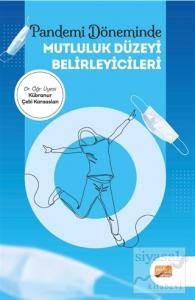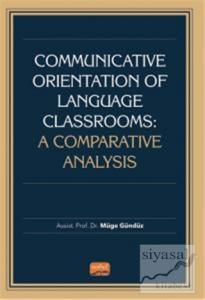
People experience uncertainty in every aspect of life and researchers have investigated the concept in domains of psychology and communication in various contexts such as decision-making, health contexts, business, organizational settings and relational issues. Uncertainty is also a key concept in educational settings as it is unavoidable in life and it is a natural characteristic of learning contexts. Thus, it seems significant to expand our understandings of how students experience uncertainty while language learning. From the complex dynamic systems perspective, language learning is characterized as meaning making and this process of meaning making involves uncertain situations. Considering that uncertainty is inherent in language learning, it is necessary to understand how learners experience uncertainty in the language classroom and how they manage it.
People experience uncertainty in every aspect of life and researchers have investigated the concept in domains of psychology and communication in various contexts such as decision-making, health contexts, business, organizational settings and relational issues. Uncertainty is also a key concept in educational settings as it is unavoidable in life and it is a natural characteristic of learning contexts. Thus, it seems significant to expand our understandings of how students experience uncertainty while language learning. From the complex dynamic systems perspective, language learning is characterized as meaning making and this process of meaning making involves uncertain situations. Considering that uncertainty is inherent in language learning, it is necessary to understand how learners experience uncertainty in the language classroom and how they manage it.





















